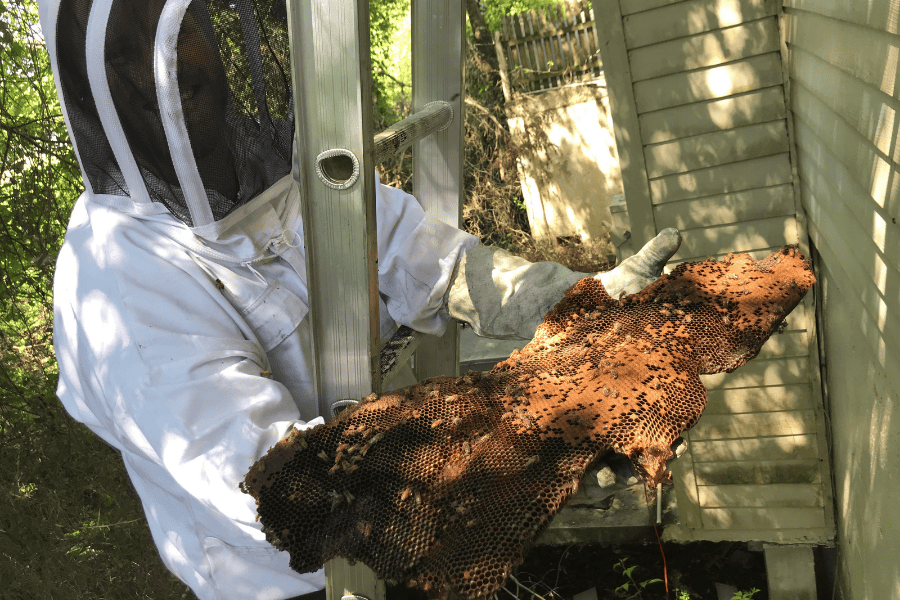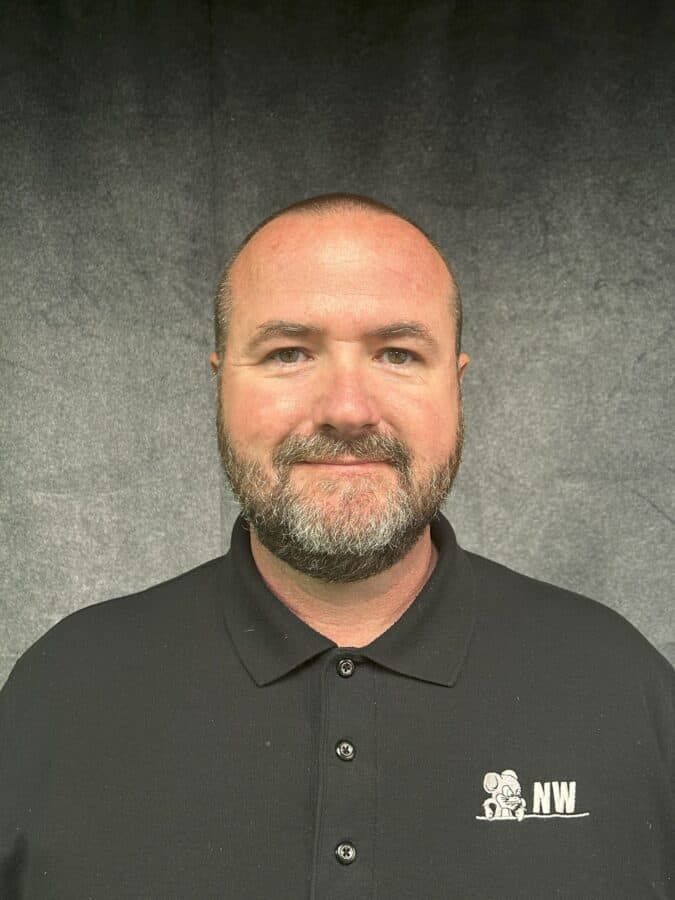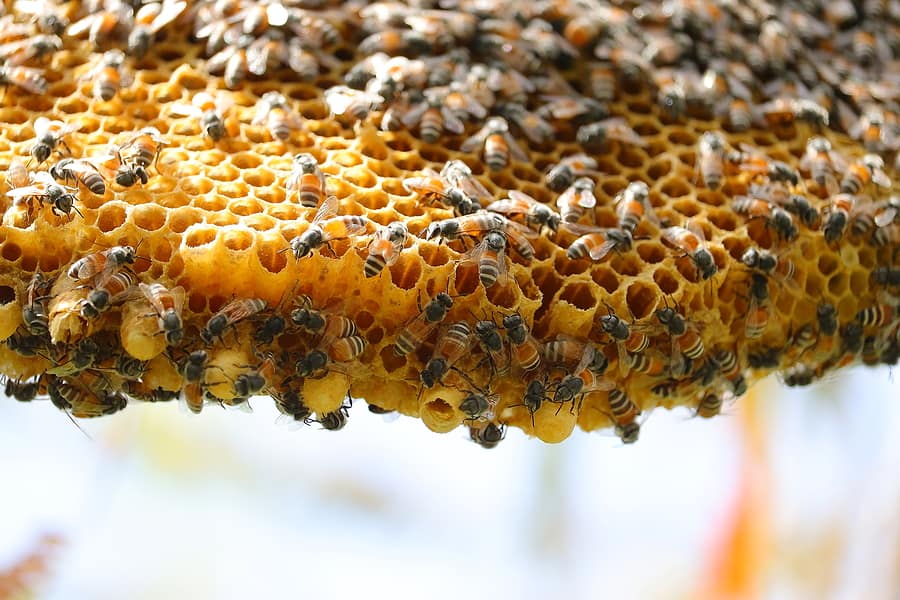READY TO GET STARTED?
REQUEST A FREE ESTIMATE
Fill out the form below or call (888) 466-7849 for a free, no-obligation estimate.

Do you know what it takes to become a qualified beekeeper? In the state of Georgia, there are many different levels of skill and knowledge needed when it comes to beekeeping. The minimum requirements include at least one year of beekeeping experience, a written and practical test, and participating in lectures, and that’s just for the bottom tier certification. It’s a process to become someone wholly trusted to care for the honeybee population. It requires the utmost attention and care to continue their important job. Luckily, Northwest has teammates that continue to prove how important their career in pest control is to them.
Let’s meet Northwest’s Honeybee Experts:

Curt has been with Northwest since 2010, with his last 3 years working as the Quality Assurance Trainer and Inspector with our Learning and Technical Services team. Curt currently keeps his own honeybees, so he has extensive knowledge in making sure they are properly cared for. More recently, Curt is a Certified Beekeeper and has also received a newly required license for the State of Georgia that allows him to safely remove honeybee colonies that are in any structure or home.
Curt believes that it’s important to ensure the success of honeybees while also educating our customers and teammates on the importance of these pollinators. He continues to strive for Northwest to be the go-to for honeybee relocation services in the state of Georgia.

Rob is currently our Wildlife North Branch Manager and is also a certified Beekeeper. He is a big advocate of the newly required Georgia license that ensures a safe removal process for honeybees and has also received that in the past year. The removal process can sometimes be stressful for the colony, so having the proper qualifications and resources to ensure their safety is key.
A fun fact about Rob is that he has his own honeybee farm and utilizes the honey that he receives from his bees. Rob began his farm as a place to take any removals performed on the job and ensure they were properly cared for after being safely relocated. He likes to think of the care for honeybees as an ever-evolving science project. The idea that you can safely and correctly remove them from their colony and into a new location and still thrive fascinated him.
Rob is proud of Northwest for making sure its teammates have access to the proper equipment and training needed to safely care for honeybees. He can’t wait to see how big of an impact we can truly make!
At Northwest, we take pride in knowing that we can bring awareness to an important topic that is near and dear to our hearts. We’re grateful for teammates like Rob and Curt who take the time to learn more about a service and how it can positively impact our local communities. If you believe you have a bee colony on your property that needs to be safely relocated, give your licensed honeybee removal company a call!

Honeybees play a vital role in our ecosystem, as they are responsible for pollinating various crops we eat daily, including fruits, vegetables, and nuts! Unfortunately, sometimes these insects will build their colonies in inconvenient places, such as inside our walls, eaves, and roofs. Luckily, there is a safe and sustainable solution when these situations happen for both our home and the bees with Honeybee Relocation Services. Learn more about honeybee relocation services and how they can support your home!
Relocation services involve carefully removing honeybees and their colonies from unwanted locations and relocating them to more suitable environments for them to produce their honey and live. This service must be performed by a certified beekeeper who has the knowledge, skills, and equipment required to handle these insects safely and effectively.
Relocation services help the preservation of honeybees. These insects are essential to our food system, making it important to continue efforts to maintain a healthy bee population! Instead of eliminating these insects, their preservation will help continue their pollination of our crops and sustain our environment.
A certified beekeeper will arrive at your home to inspect and locate the honeybees and other factors before removing the colony. On the day of the relocation, your beekeeper will begin accessing the colony if it’s found in walls or attics. Once the beekeeper has access, they will carefully remove the honeybees from their current location, which may involve physically removing the bees from their colony or using special tools to place them into the bee box. Once they have been safely removed, the beekeeper will transport them to a new location where a hive will be set up to provide a suitable environment for the bees to thrive!
Honeybee relocation services aim to safely remove and relocate these insects without harming them or damaging your home. If you’re interested or would like more information on Honeybee Relocation Services, reach out to your local pest control company.

It’s a little-known fact that every good garden needs a pollinator and bee. Without the help of these friendly pollinators, there would be fewer flowers and vegetables. If you want more visits from honeybees, follow these simple tips.
Bees are interested in two things when visiting your garden:
An effective way to attract bees into your garden is to plant flowers that offer these two main food sources. Try to plant non-hybridized flowers in your garden, as they typically do not produce enough pollen or nectar for our helpful pollinators.
Here are some other helpful tips to keep the bees around:
We hope these tips help bring the honeybees back to your garden, so they can do what they do best: pollinate! If you discover an active colony near or around your garden, then reach out to your local certified honeybee removal company to safely remove these colonies and relocate them to a safer location.